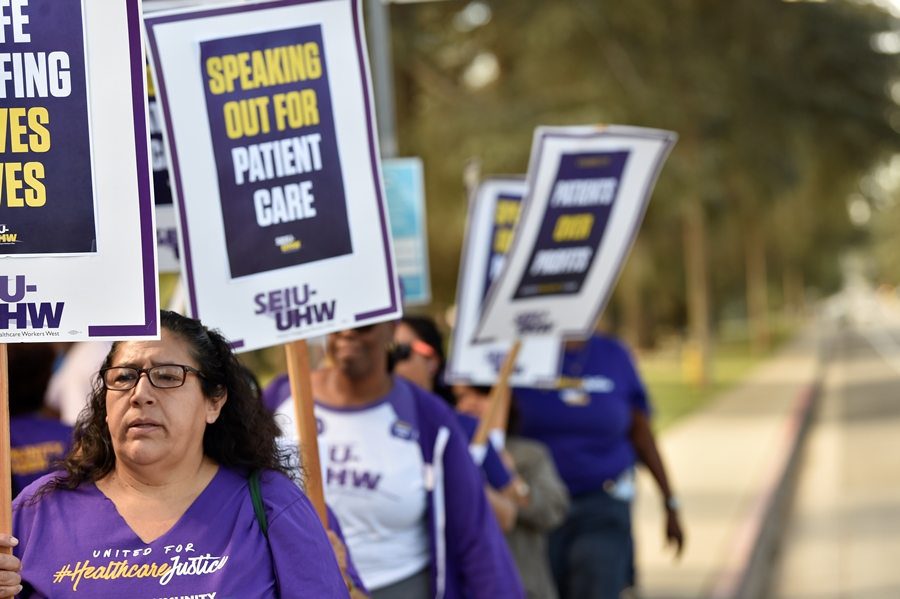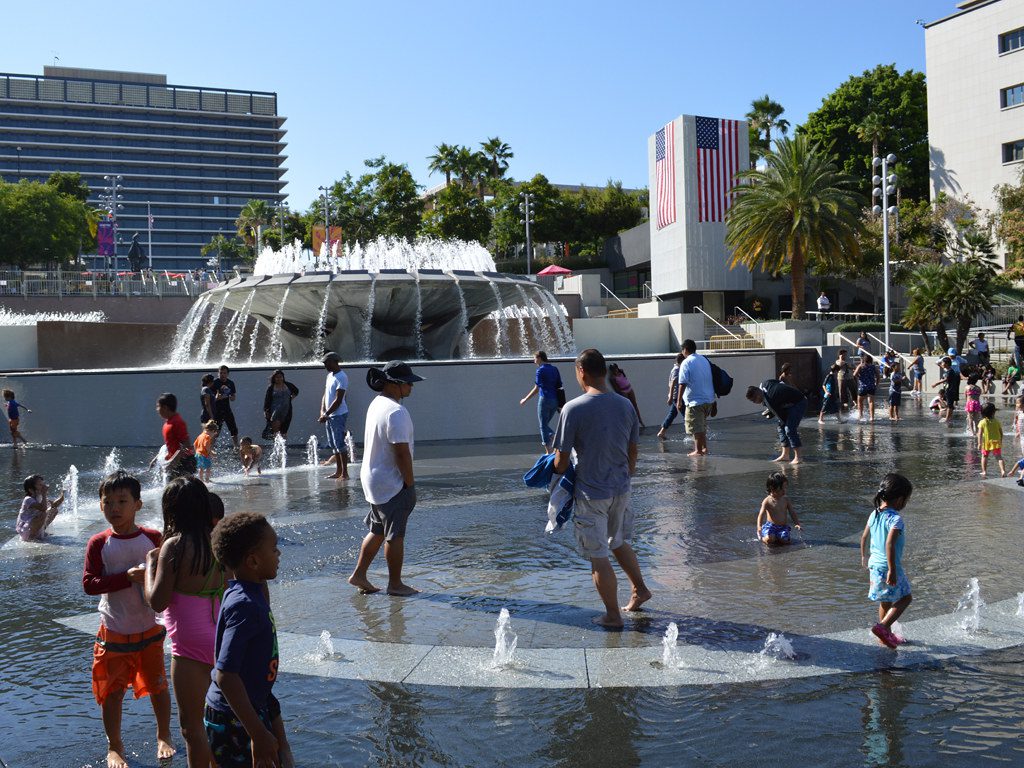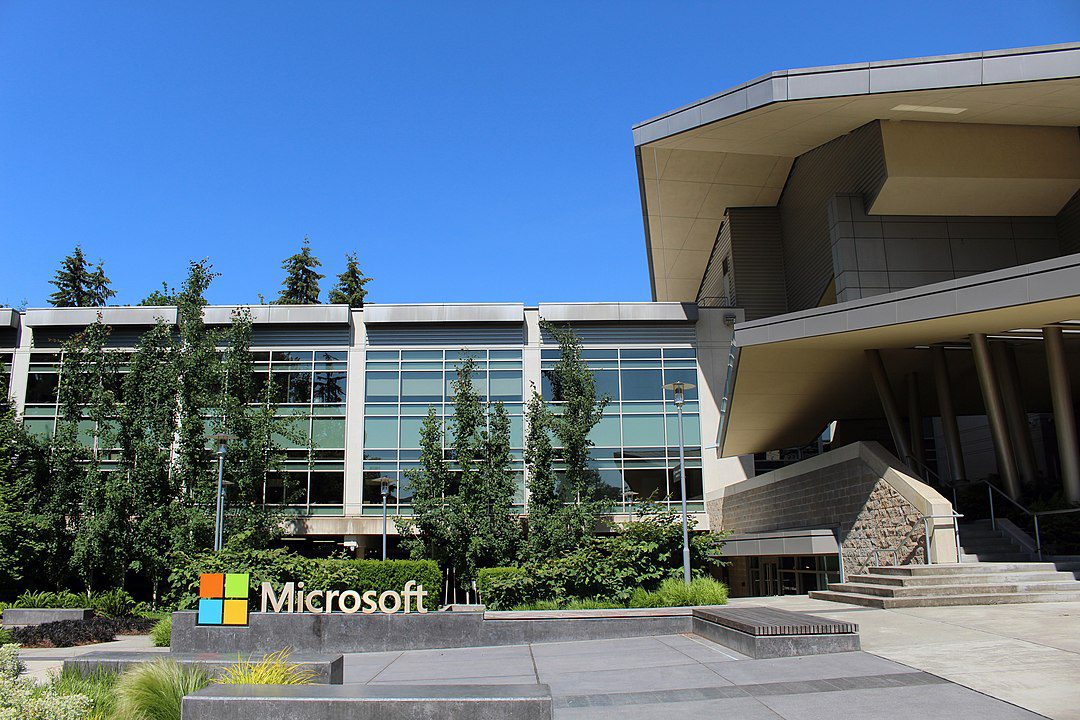The Los Angeles City Council gave final approval Wednesday to an ordinance raising the minimum wage for people working at some healthcare facilities in the city to $25 per hour.
The “Minimum Wage for Employees Working at Healthcare Facilities” initiative, which was brought to the council through a successful petition drive, will now move to the mayor’s office for final consideration. The ordinance raises the workers’ minimum wage, adjusting it annually to account for increases in the cost of living.
The ordinance also prohibits employers from funding the minimum wage increase by laying off workers or reducing benefits or hours.
The ordinance applies only to privately owned facilities, including hospitals, clinics, skilled nursing facilities or residential care facilities. It applies to workers including clinicians, nursing assistants, aides, technicians, maintenance workers, janitors, housekeepers, clerical workers and administrative workers.
The council had the choice of either adopting the initiative or putting it before voters. On a 10-2 vote last week, the council opted to adopt the measure without going to a public vote. Council members Joe Buscaino and Paul Krekorian opposed the measure. Because the vote was not unanimous, the issue had to return for a second vote, and on Wednesday, it was approved on a 10-0 vote. Neither Buscaino nor Krekorian voted on the issue.
People who work for healthcare facilities in Los Angeles do not have their own minimum wage law and are included under the city’s general minimum wage of $15, which will increase to $16.04 on Friday. Los Angeles’ minimum wage is based on the region’s Consumer Price Index for Urban Wage Earners and Clerical Workers in the Los Angeles metropolitan area.
Several workers spoke to the council before the vote last week, with one saying he has to work outside jobs — such as painting houses or doing construction — to make ends meet outside of his job. Another told the council that people working at healthcare facilities should be able to focus on their patients without worrying about having enough money to feed their families.
Some healthcare industry representatives spoke against the idea, with one urging the council to put the matter before voters so they could fully weigh the issues, while also warning it will create an unfair playing field for some area clinics that will have to dramatically raise wages to compete amid a limited workforce.
Councilman Paul Koretz said last week he was concerned about the healthcare industry in general, saying it can’t keep up with the need for workers.
“Especially during the pandemic when people were burned out from incredibly long hours,” he said. “They were burned out from people in their care dying. …Obviously, all of you that are in the healthcare field love helping people. You wouldn’t do it otherwise because the financial remuneration isn’t enough. Especially at this level — people who risk their lives when they could be working at Target, or working at McDonald’s … without the risk, without the hard work, without the burnout.”
A group known as the No on the Los Angeles Unequal Pay Measure coalition criticized the ordinance for creating inequitable pay requirements in the industry.
“The Los Angeles City Council’s hasty adoption of this inequitable measure is unfair for workers, costly for patients and risky for Los Angeles,” according to the group. “The vast majority of healthcare workers in the city will be excluded by this discriminatory measure, as the wage standard only applies to workers at private hospitals and dialysis clinics, but completely excludes workers who do the exact same job at our city’s public hospitals, community clinics, Federally Qualified Health Centers, nursing homes, urgent care centers and many other facilities.
“In fact, the measure excludes workers at 90% of healthcare facilities in the city. In addition to being inequitable and unfair, the ordinance will jeopardize access to care at local health care providers — especially community clinics and those providers that care for underserved populations. The City Council should have put this measure to the November ballot to give the voters of Los Angeles the choice to vote on this inequitable policy.”
According to its website, the coalition is funded by the California Association of Hospitals and Health Systems.







